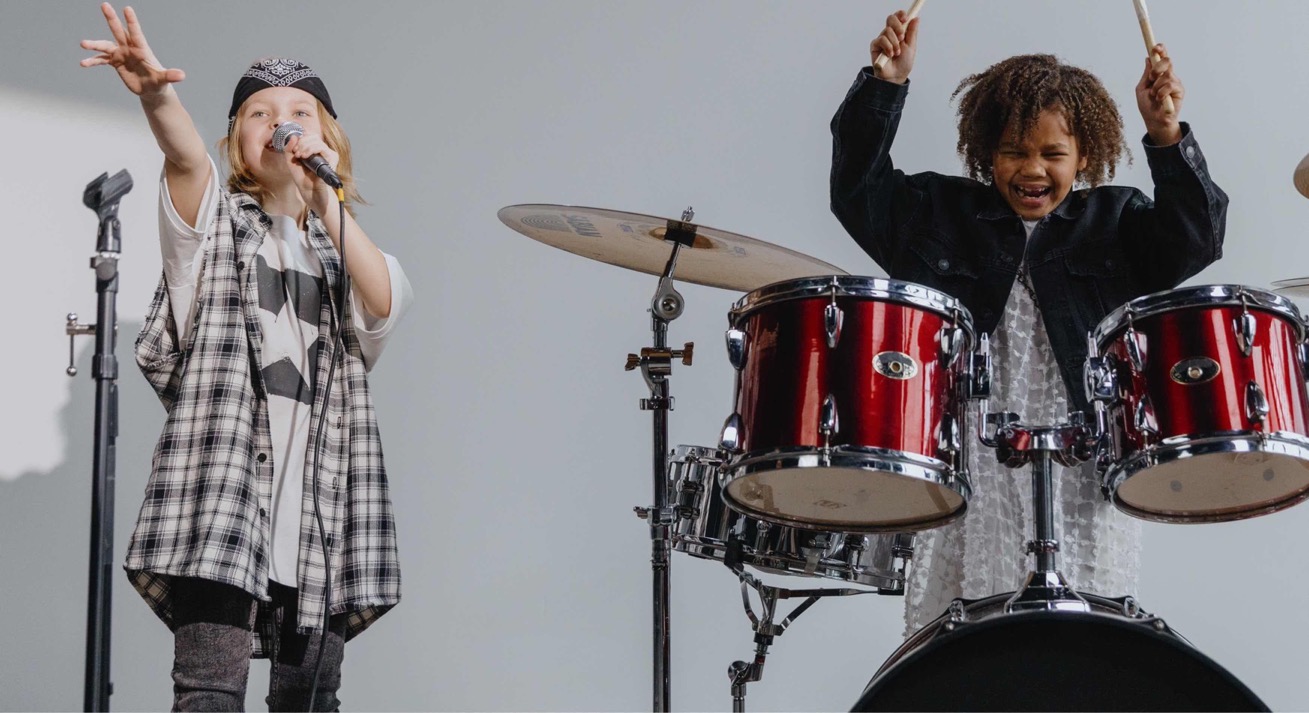Why Do Kids Pick Sports Over Music?
Why is it that the majority of students tend to gravitate towards sports rather than music as they progress through their school years? Despite music being just as fun, if not more fun, than sports, we continue to see this trend around the world. It appears that the sports system has created an environment where the vast majority of individuals can experience personal success. It’s a system that accommodates most, providing opportunities for improvement regardless of whether or not one invests countless hours in additional practice outside of scheduled sessions. In contrast, music education often places a substantial burden on individual practice, with only a select few dedicated students excelling. Let’s dive into the principles that drive the success of the sports system and explore potential ways to improve music education.
We’ve explored how the sports system leverages scheduling and group motivation to drive success, elements that are often lacking in traditional music practice. In sports, students typically have set practice schedules and the natural motivation that comes from being part of a team. This structured approach ensures regular practice and fosters a sense of belonging and achievement. In contrast, music education commonly relies on individual practice, which can vary greatly in consistency and effectiveness. However, there’s potential to bridge this gap by introducing scheduling and group motivation into music practice, transforming it into a more interactive, collaborative, and ultimately rewarding experience.
Now, as we turn to the final piece of the puzzle – instant feedback – we can further understand why the sports model excels. Sports teams benefit from immediate feedback during practice and games. Coaches offer advice, correct techniques, and add a layer of accountability and support. This constant loop of guidance not only refines skills but also ensures that athletes know how to practice correctly. In contrast, music students often practice in isolation, with minimal feedback, except during occasional lessons.
But what if we seamlessly integrated instant feedback during their lessons? Picture a world where a coach sits right alongside them, ensuring that every note they play is as intentional and well-guided as it is during their lessons. No longer would they find themselves stuck, confused, or rushing through each piece. With this constant guidance, they can maintain steady progress, and that, in turn, enhances their overall enjoyment of the experience.
Music education has traditionally catered to passionate individuals with the discipline to practice independently. Yet, by adopting elements from sports, we can create a more inclusive system, granting every student a chance to thrive.
Imagine a world where your students embark on an 8+ year musical journey, where more students discover the joy of music, musicians and music stores thrive, new songs and styles emerge, and opportunities multiply. It’s all within reach with a better practice system. Children have the same passion for music as they do for sports; it’s just that the sports system knows how to practice better.
